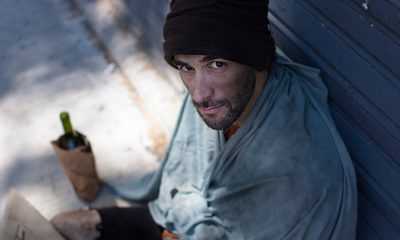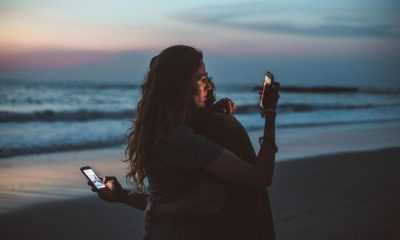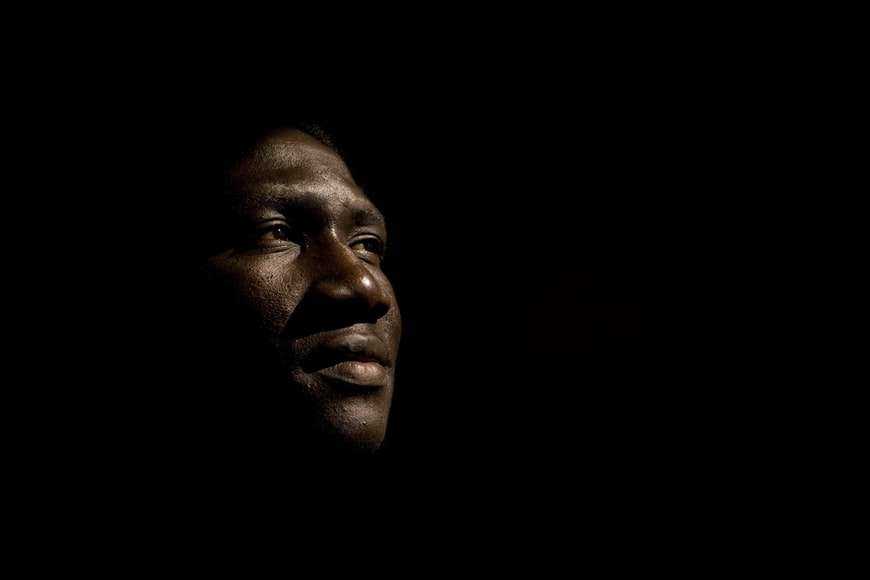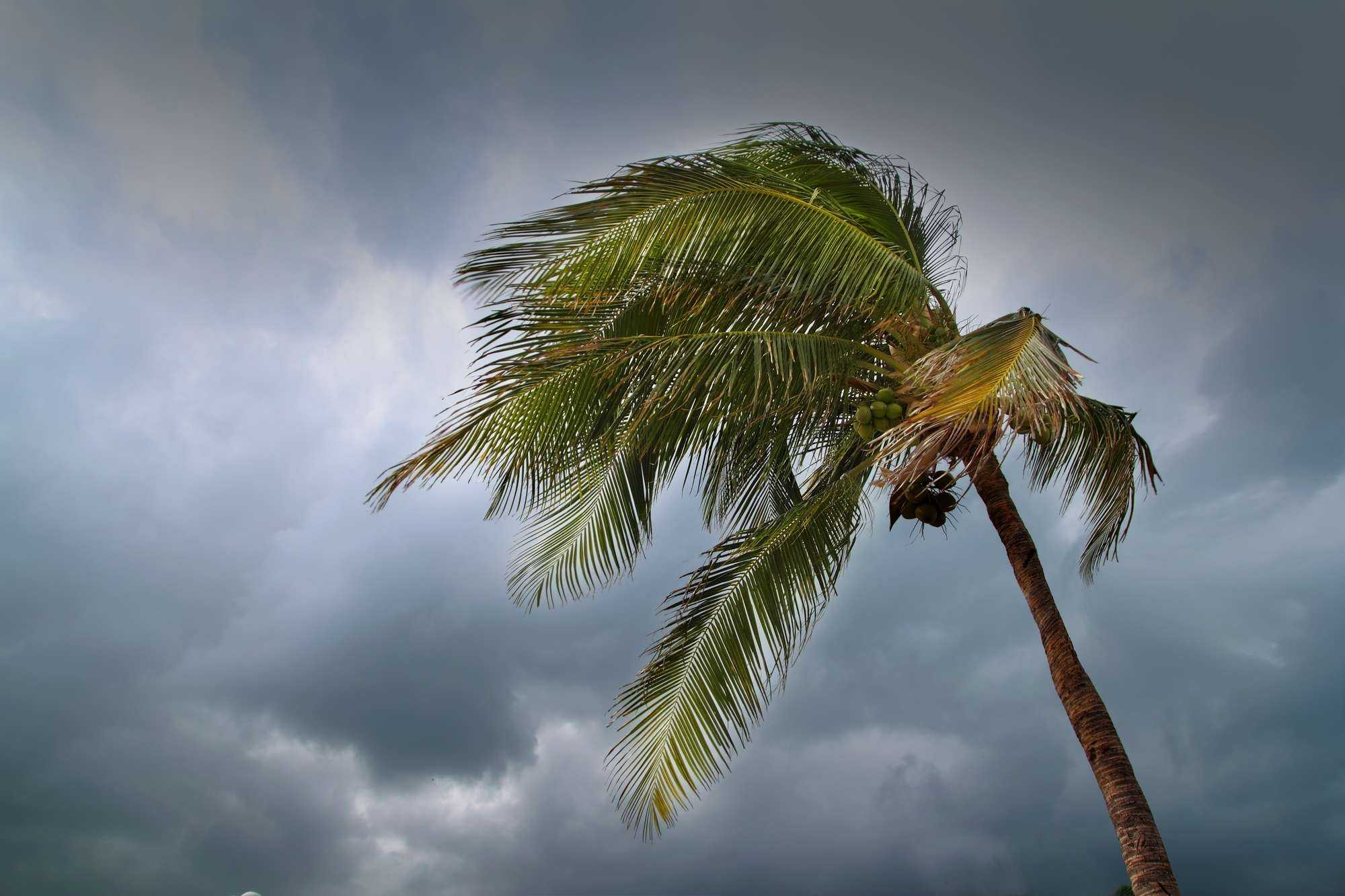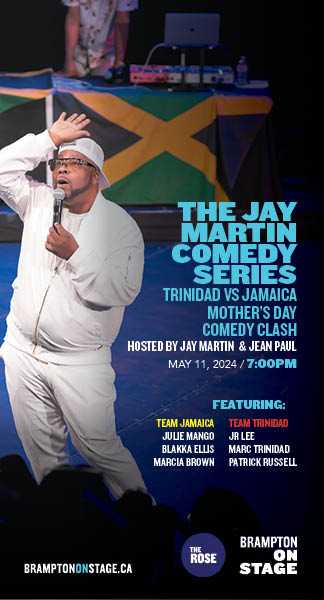BY LA SHAWNA GRIFFITH
COVID -19.
One word that the entire population is tired of hearing.
It has been almost two years and this word has changed life the way that we know it.
However, there seems to be a bit of light at the end of the tunnel with many countries around the world rushing to vaccinate their entire population to have heard immunity.
Researchers note herd immunity as the safest way to achieve this is with a vaccine. In the Caribbean, the total amount of persons vaccinated per one hundred people to the total population is as follows:
Barbados 0.21%- March 11th, 2021
Dominican Republican- 0.5 %- March 11th, 2021
Dominica- 0.56%- March 1st, 2021
Guyana- 0.24 %- 26th February 2021
Grenada- 2.67% 26th March 2021
The figures above show the amount of vaccinated persons to date in the respective islands. In Barbados as of March 11th, 2021, 50,703 persons have been vaccinated out of the total population of 285,000.
Despite some of these Caribbean islands rushing to have their citizens vaccinated, other countries have recorded no cases of the virus thus far- Monserrat.
In an article published by CARICOM TODAY on March 11th, 2021 it noted that, “All four of the islands’ cases had recovered. In a Press Release written by the Government Information Unit of Monserrat it said that the Ministry of Health and Social Services was confirming the recovery of Monserrat’s last four confirmed cases of COVID 19.” This announcement meant that the amount of active cases on the island is zero.
What lessons can the other islands in the Caribbean learn from Monserrat as they seek to vaccinate their citizens with some of them noting their displeasure?
Citizens are autonomous beings and many of them are having second thoughts about taking a vaccine that cannot prevent them from contracting the disease. While the vaccine can prevent one from having the severity of the virus, it is not 100% fool proof.
In an article published by The Coversation.com it stated, “Persons can still be infected after getting the vaccination. However, a person’s chances of getting seriously ill are almost zero. Many persons think vaccines work like a shield, blocking a virus from infecting cells altogether,” it read.
Not only citizens are noting their displeasure with the vaccine. In Barbados members of the island’s teacher’s union have stated that some of their membership are hesitant about taking the vaccine and that they believe their teachers should return to the classroom for the start of the new school term in September.
Pedro Shepherd (President of the Barbados Union of Teachers) in his article published on March 13th, 2021 says that the vast majority of unionized teachers are skeptical about returning to the classroom.
“We would be risking our lives to go in and assist the nation’s children because we would not have had the second vaccine by then. Some teachers might have [been vaccinated] in the first rollout, but the majority of teachers would have to wait until at least July to get the second dose and be in a good position to go back to school. So, we are proposing a September restart for full face-to-face and that is contingent on what develops in this country, because if we go into a third wave, then September would not be suitable or appropriate to return.”
In Antigua and Barbuda for example, the Prime Minister Gaston Browne refuted reports that an Antiguan variant of coronavirus has been discovered in the United Kingdom by Public Health England.
In an article published by The Nation Newspaper on March 13th, 2021 he said, “More than thirty two days have elapsed since the discovery of the negative results of contact tracing in the United Kingdom. Clearly, any variant of concern would have emerged by now,” Browne wrote, further stressing that “Daily tests conducted on material from Antigua by reputable external agencies have found no variant arising from Antigua.”
Browne assured the media that Antigua and Barbuda remains strict with their COVID-19 protocols and “Remains one of the safest places globally with comparatively low rates of infection and a high rate of recovery.”
In an article in the Jamaican Gleaner published on March 13th, 2021 dubbed “Vaccine Cock Up” it noted some inefficacies with persons line-skipping to receive the AstraZeneca vaccination at the National Chest Hospital and St Joseph’s Hospital in St Andrew on Friday.
“Yes, there have been instances of that (unscheduled people vaccinated) and what I’m told, is because we wouldn’t want the vaccine to go to waste,” said Greene, the Regional Director for the Western Regional Health Authority.
“Those instances were minimal”, he added.
“I’m not saying we didn’t have people who got the vaccine that were not initially scheduled but it’s not as wide as I’m hearing,” he told The Sunday Gleaner, bringing into the spotlight the transparency of the process used by the vaccine officials to reach those persons.
COVID-19 vaccines have strict timelines for when they must be used before expiring, including some that must be used within hours of being mixed and thawed.
“Once you take out a vial of the vaccine and put the needle in it to pull out the first dose, you have to use the vaccine within six hours,” Professor Peter Figueroa, a specialist in public health, epidemiology, and HIV/AIDS, told The Sunday Gleaner yesterday. Tufton admitted there were breaches.
“Persons have been contacted, in some instances, not necessarily from a list, and those persons would have called other persons and a general rush would have taken place,” he said, pointing to Friday’s situation at St Joseph’s Hospital, where private healthcare workers were due to be injected.
“Some persons, having got appointments to go, took family members and that is not a part of the arrangement, and in some cases, some of them might have been called also, to be totally frank, by the organizers. I am sure we have had a few other breaches of the process around the country, but these were more isolated circumstances.”
One site administrator has reported to The Sunday Gleaner that unscrupulous health workers have been found to be enrolling relatives and people outside of the target group.
“Already, people trying to beat the system. They are sending their helpers, they are sending their friends, and claiming that they are a part of the workplace. It is so sad because they are robbing from people who need it the most,” said the administrator, who requested anonymity.
Officials in Jamaica state that the mishap was not due to poor planning however, this event signifies many of the inner challenges that Caribbean countries face when rolling out a major vaccination programme.
There is no one size fits all as it relates to proper planning of a vaccination campaign, but what all persons who are desirous of being vaccinated can do is to seek to go to the approved vaccination centres when they have an appointment.
Not only Jamaica has a problem with their vaccination programme. Many persons in Barbados have been taking to Facebook to note that although they have made appointments to have their vaccinations completed, they have not received their vaccination as yet. A problem that the Government of Barbados stated they are working feverishly to rectify.
All in all, there seems to be some light at the end of the tunnel, but will the world finally be free of the dreaded COVID-19 virus? Only time will tell.
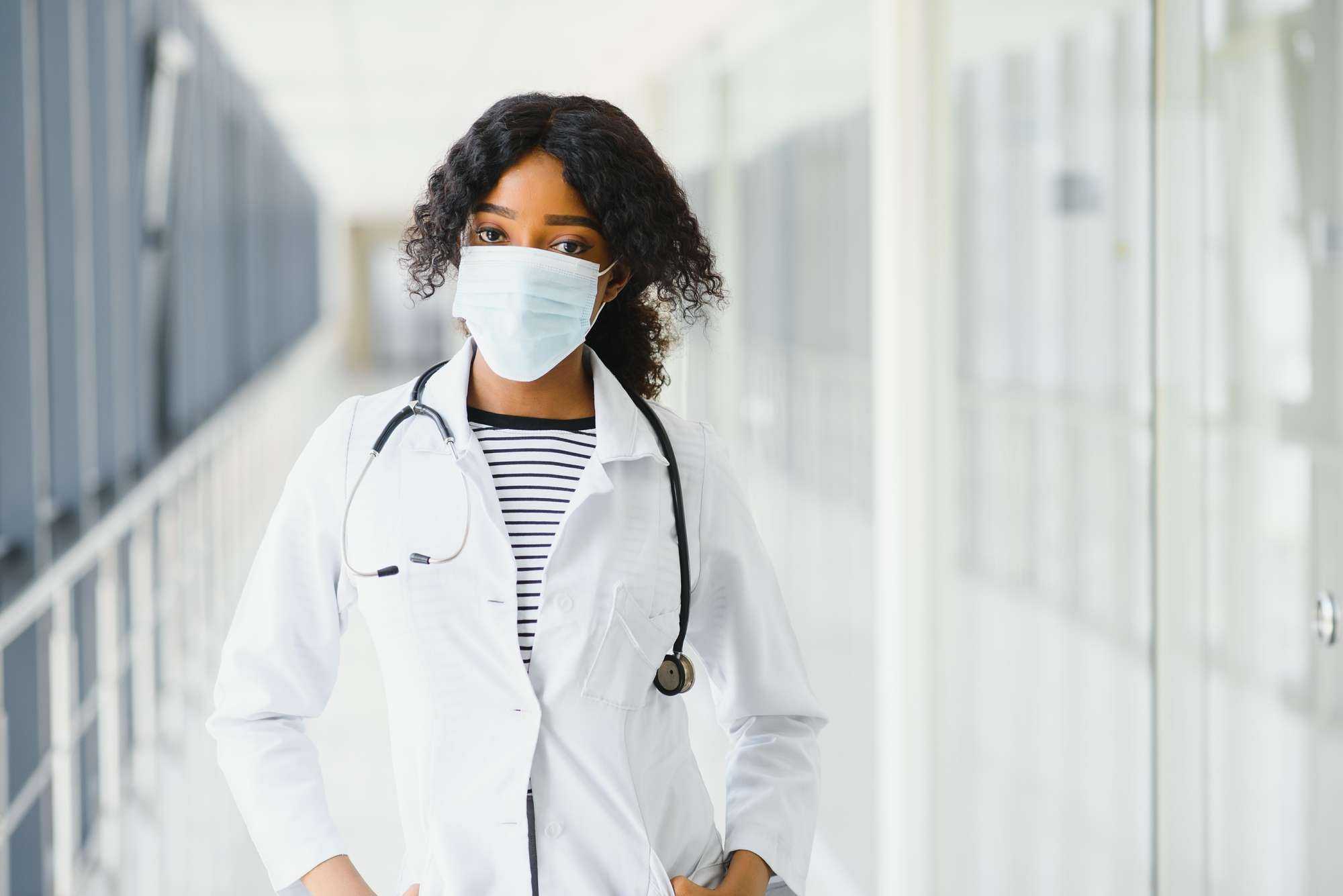

 Junior Contributors1 week ago
Junior Contributors1 week ago
 Community News1 week ago
Community News1 week ago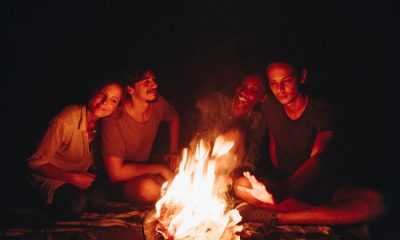
 The Poetic Word1 week ago
The Poetic Word1 week ago
 Community News6 days ago
Community News6 days ago
 Sports1 week ago
Sports1 week ago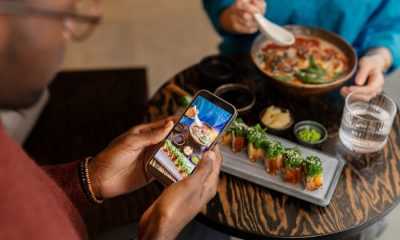
 Junior Contributors1 week ago
Junior Contributors1 week ago
 Community News6 days ago
Community News6 days ago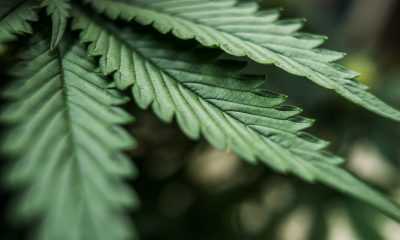
 Community News6 days ago
Community News6 days ago



